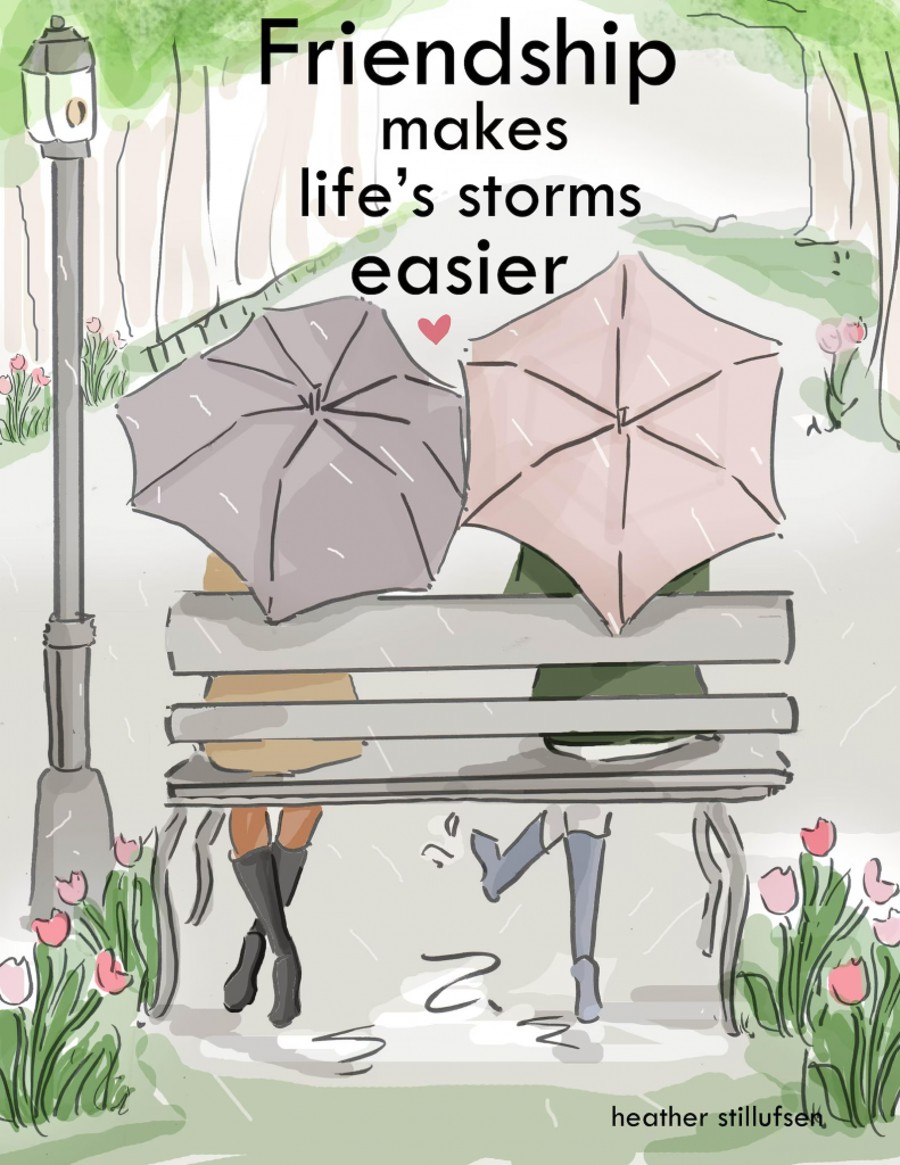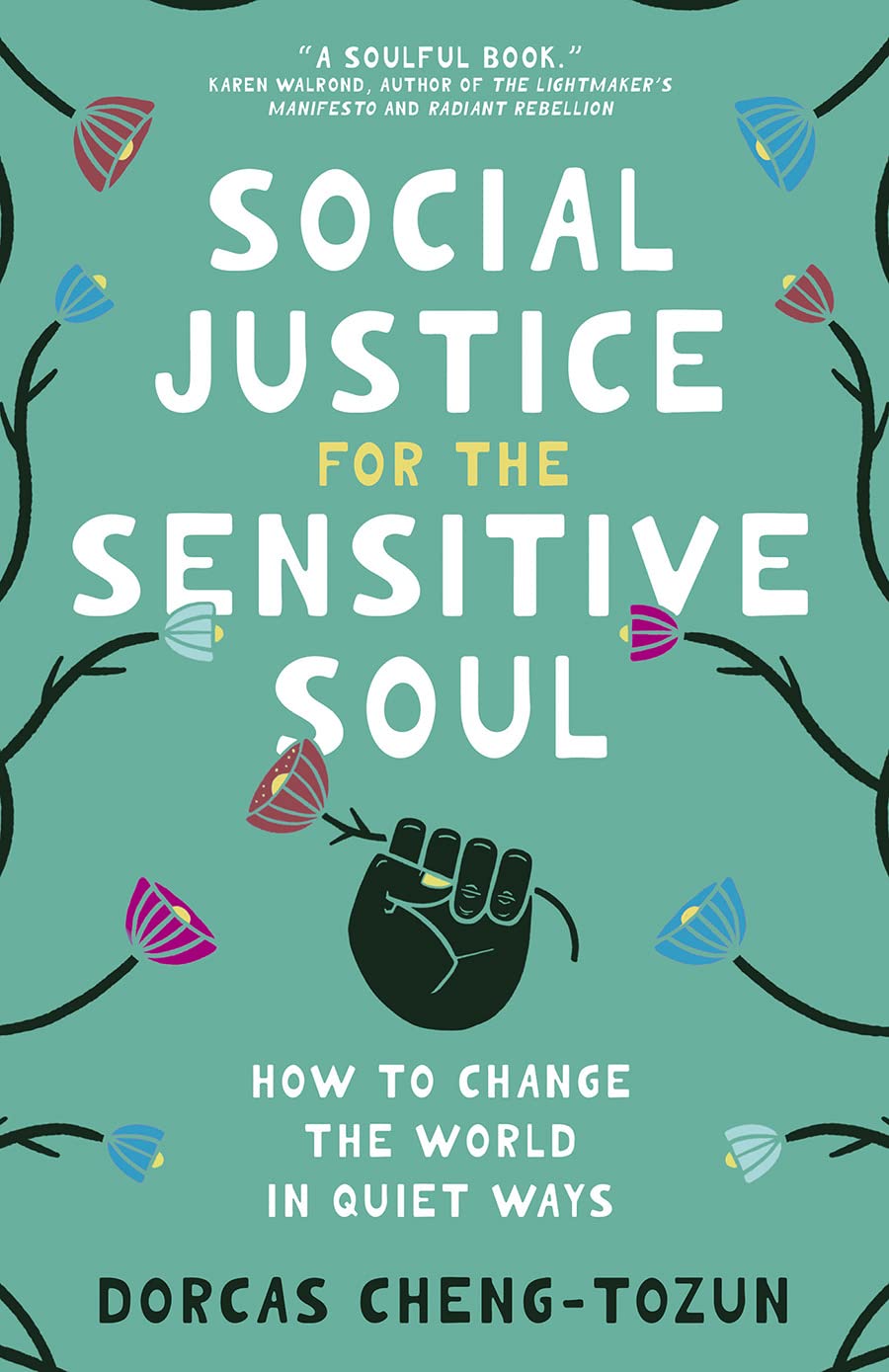Honest Communication: The Key To Good Relationships

In any relationship, honest communication stands as a pillar of strength to foster trust. Sometimes in modern life, people ‘over-share’. But for any relationship (friendship, romantic, work or political) honesty is the best policy.
Obviously sometimes it’s necessary to tell a little fib to avoid hurting someone’s feelings, but for the most part, being honest helps create bonds built on understanding, laying a foundation for a stable and resilient connection.
Even if someone is shy, being honest is the only way to ground a relationship on trust.
Building Trust and Stability

Can you imagine a relationship without trust? Honesty creates a secure environment where thoughts and feelings can be shared without fear. When we know we can rely on someone to be truthful, it builds confidence and a sense of safety.
This security allows both individuals to express themselves freely, knowing they won’t be judged or dismissed.
Have you ever felt closer to someone after a deep, honest conversation? That’s the magic of honest communication – it deepens emotional connections.
By sharing authentic thoughts and feelings, people reveal their true selves, paving the way for greater understanding and empathy. This strengthens the bond, creating a closeness that endures challenges.
Disagreements are inevitable, but honest communication can transform conflicts into opportunities for growth. By addressing issues openly, misunderstandings get clarified, reducing chances of lingering resentment.
Honesty helps in viewing problems from each other’s perspectives, leading to constructive solutions rather than heated arguments.
Barriers to Honest Communication
Fear is a powerful deterrent. Many people shy away from honesty, worried about potential negative consequences.
Whether it’s fear of upsetting someone or being judged, this apprehension can stifle genuine expression. It’s essential to address these fears to pave the way for openness.
Societal expectations often dictate what can or cannot be said. Cultural norms might emphasise saving face or avoiding confrontation, leading individuals to withhold the truth.
Challenging these norms requires courage and a commitment to foster truthful exchanges despite external pressures.
Honest communication is a skill that not everyone possesses. Without the right tools, conveying one’s thoughts clearly can become difficult. This deficiency can lead to misunderstandings, misinterpretations, and ultimately, a breakdown in communication.
Strategies to Foster Honest Communication

Listening is just as important as speaking. By paying full attention to what someone else is saying, you create an atmosphere of understanding and respect.
Active listening involves acknowledging the speaker, asking clarifying questions, and providing feedback. This practice encourages honesty by making others feel heard and valued.
People are more likely to open up when they feel safe. To foster honest communication, strive to create an environment where everyone feels free to express themselves.
This involves being non-judgemental and supportive, showing empathy, and maintaining confidentiality when required.
Opening up about one’s feelings and thoughts can be daunting. Encourage honesty by being open yourself. Share personal stories, admit faults, and express vulnerabilities. This sets an example and invites others to be equally candid, strengthening mutual trust and understanding.
Long-Term Benefits of Honest Communication
Relationships that are nurtured with honesty tend to be more resilient. The strength of these bonds lies in their foundation of trust and mutual respect. Such relationships endure hardships with greater ease, standing strong against the tides of time.
A relationship based on honesty leads to greater satisfaction. Knowing that you can be your true self without fear of judgment fosters a sense of belonging and contentment. This authenticity brings happiness, creating a fulfilling and rewarding connection.
In conclusion, honest communication is the bedrock of strong relationships. By understanding its significance and actively working to overcome barriers, we can foster deeper, more meaningful connections.
As you continue in your relationships, remember the value of truthfulness, and let it guide you to lasting bonds and enriched experiences.
Never lie to someone who trusts you. Never trust someone who lies to you. Anon
Never lie to the people you care about. Even if the truth might hurt them. Lying ruins trust. Anon
Don’t Lie To The Ones You Love
We live in a world where politicians lie, the media lies and people we trust lie (from friendships to relationships to work colleagues).
So (just like Quakers, where one of the main faith ‘policies’ is to tell the truth), being honest is not just the right thing to do, but also makes life far simpler. As you then don’t have to keep track of fibs and lies you tell to others.
What About Telling ‘White Lies?’
You’ve likely heard of this. If someone asks you if they look fat in a dress, you may say ‘no, you look fine’. Of course this is fine, you are telling a little fib, to avoid hurting someone’s feelings.
We are in this post talking about lies that hurt people, and deceive them.
However, some psychologists are not fans of white lies either, saying depriving people of the truth not only harms trust, but could do harm.
They say it leads to ‘deceiver’s distrust’, where you feel that if you lie (even telling white lies), you may then assume others are telling white lies or others lies to you too. Then as you are being dishonest (however well-intentioned), you start to believe everyone else is dishonest too.
Why Tell the Truth?
Because it’s the right thing to do. All psychologists and religions say that we should tell the truth. Telling any form of untruth is bad for so many reasons:
It betrays trust. If you lie to someone, you are telling lies to them, simple. So that person can’t trust anything you say ever again, unless you change your ways, and begin to tell the truth.
The truth will always surface. Lies usually do come out in the wash eventually. And if you aren’t the one to admit you told a lie and then turn over a new leaf, nobody will trust you.
We see this when people are caught out in affairs. They say they are sorry – but often only when they were found out. We wonder if they would have told the truth, if nobody had found out the truth?
Lies are complicated. If you tell lies, you then have to keep up the lies, and end up lying to other people around you, to cover the lies you have already told. It’s much simpler just to tell the truth.
It affects your mental health. Telling lies all the time means your own mental health will suffer. If you are in situations where you feel you have to lie, then you should get yourself out of those situations, not just tell more lies.
Set up a life you don’t need to escape from. Seth Godin
Why do People Tell Lies?
People who can’t tell the truth, sometimes don’t seem to have the knowledge of the affect it has on trust, for others.
It can be due to certain personality disorders. They also usually will not admit to telling lies and ‘gaslight’ others to defend their lies. But even pathological liars can change, if they address the root cause of why they lie, and decide to change. The truth will set you free!
Not telling the truth can have severe consequences for the individual and their relationships. It erodes trust, which is the cornerstone of healthy connections. The continual deceit creates a dynamic of suspicion and doubt.
But with the right support and a commitment to personal growth, it is possible to establish meaningful and authentic connections with others. Hope Therapy
Want to be a Quaker? Tell the Truth!
Quakers are a breakaway faith group from the Church of England, and one of their core beliefs is Truth. You can’t be a Quaker and tell fibs, it’s not allowed!
Truth is the cornerstone of trust and meaningful relationships. Quakers have always refused to swear oaths, because it implies that there are only certain occasions in which the truth matters.
Early Quakers were known for their honest and straight dealing. This is partly why Quakers were successful in business and banking, in the 18th and 19th centuries.
Wise Words on Truth
Always tell the truth. Then you don’t have to remember what you’ve said. Mark Twain
Don’t lie to people who trust you. And don’t trust people who lie to you. Deanna Wadsworth






